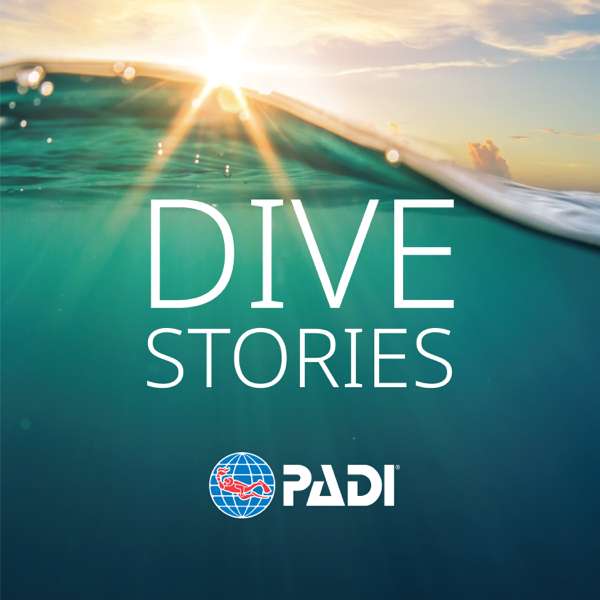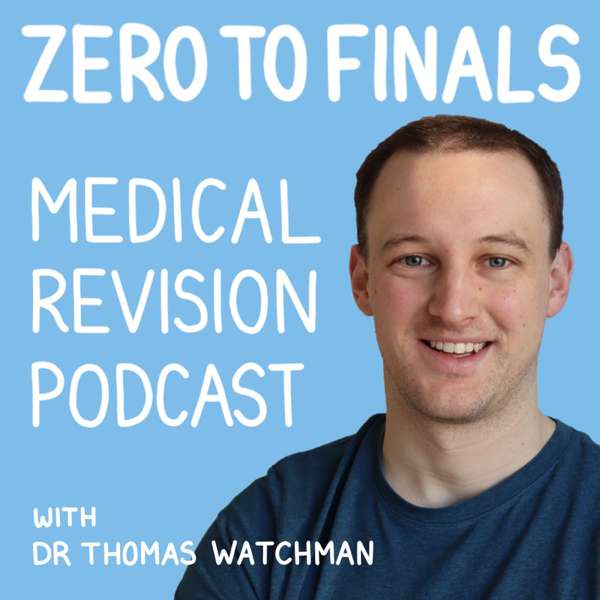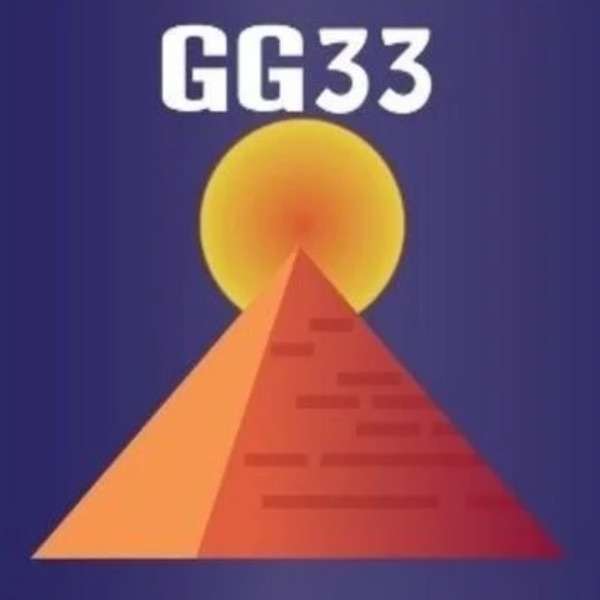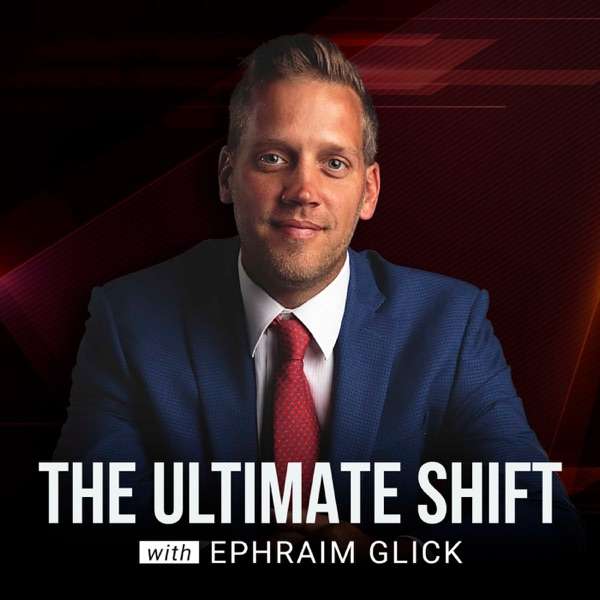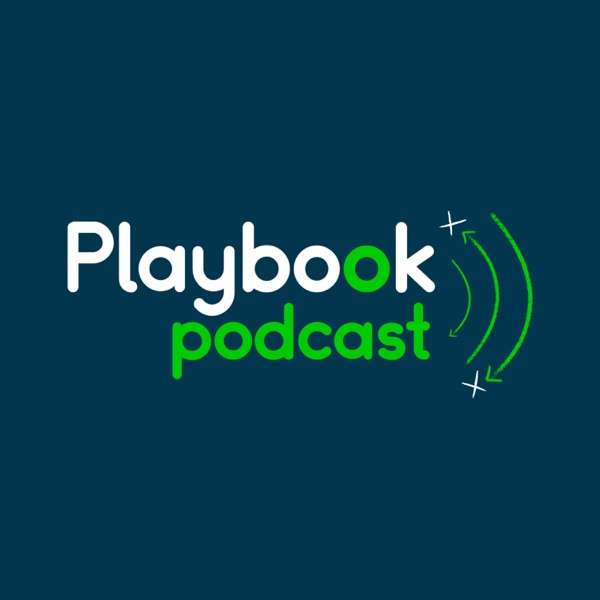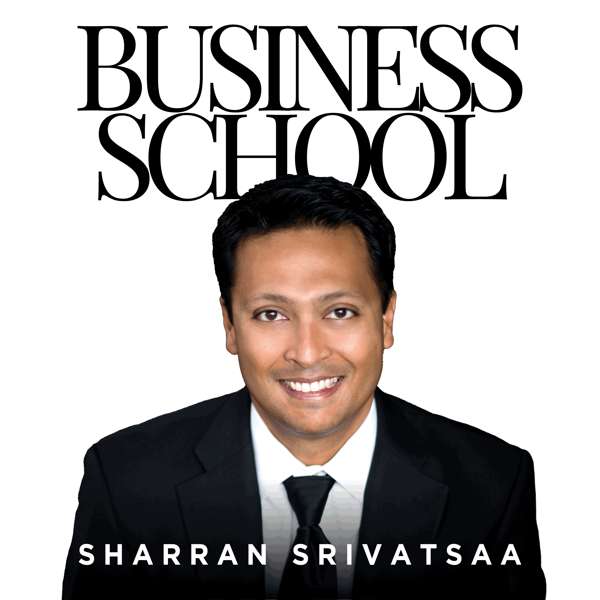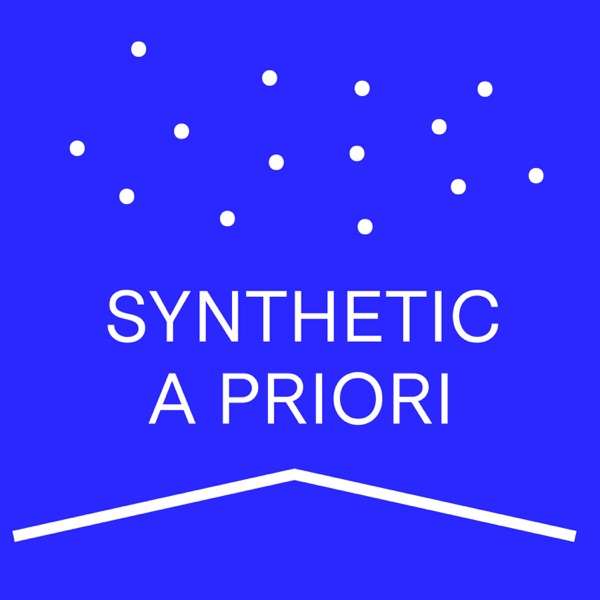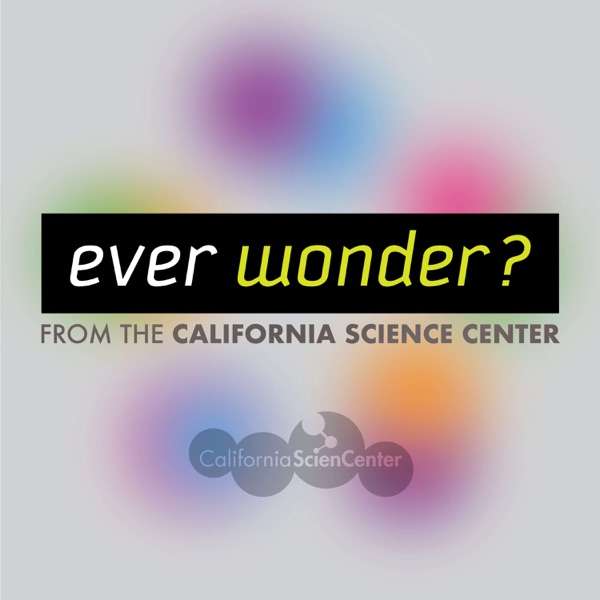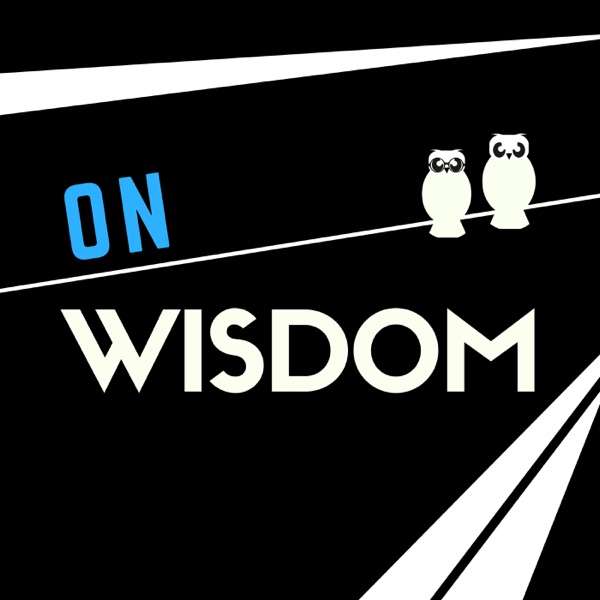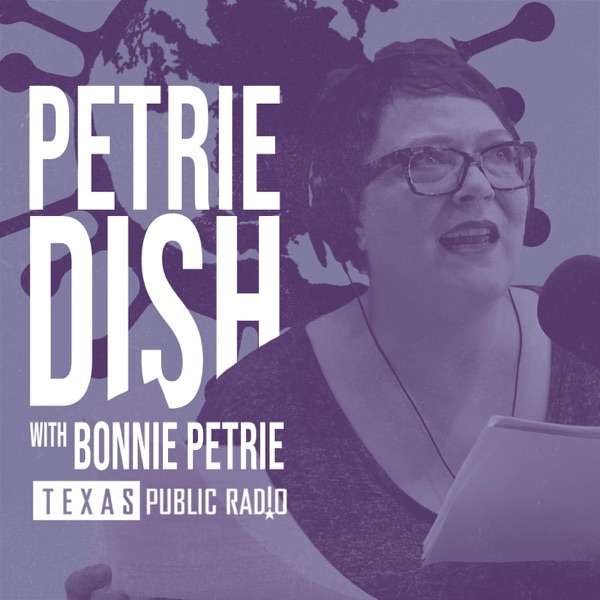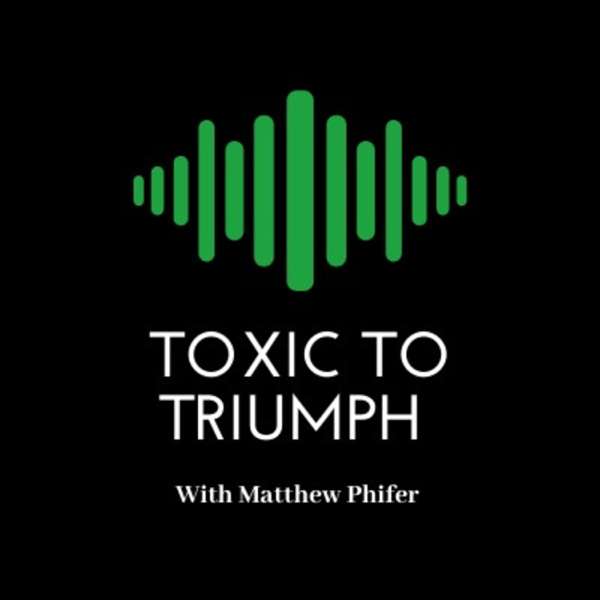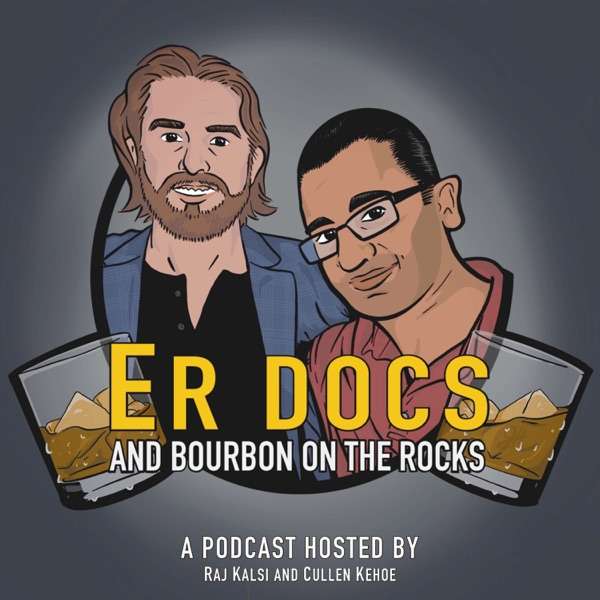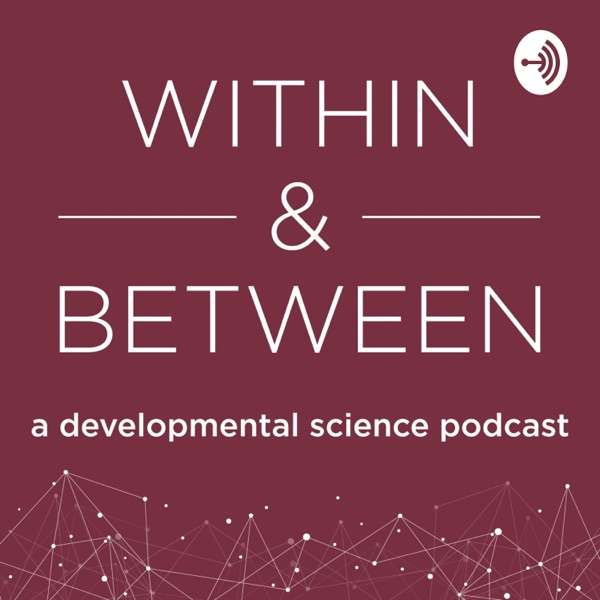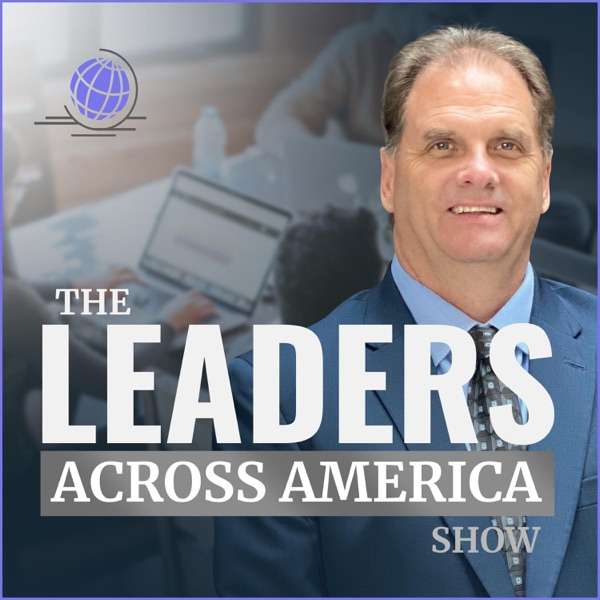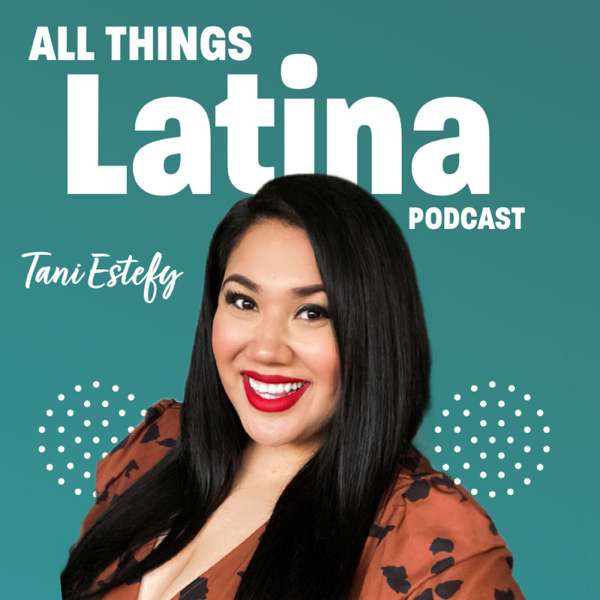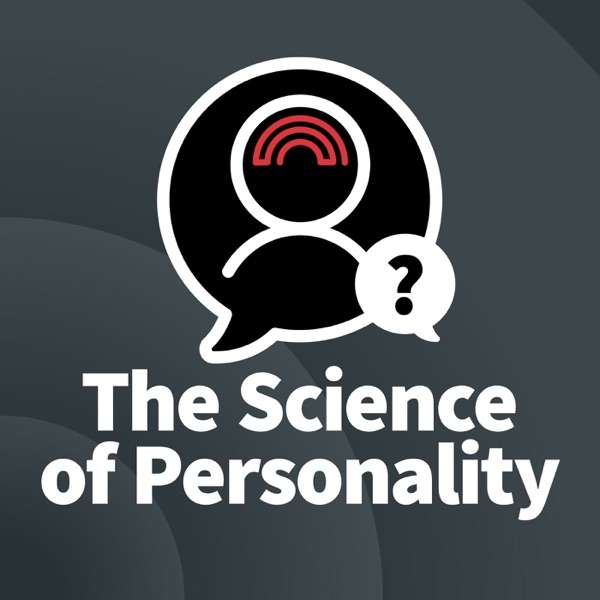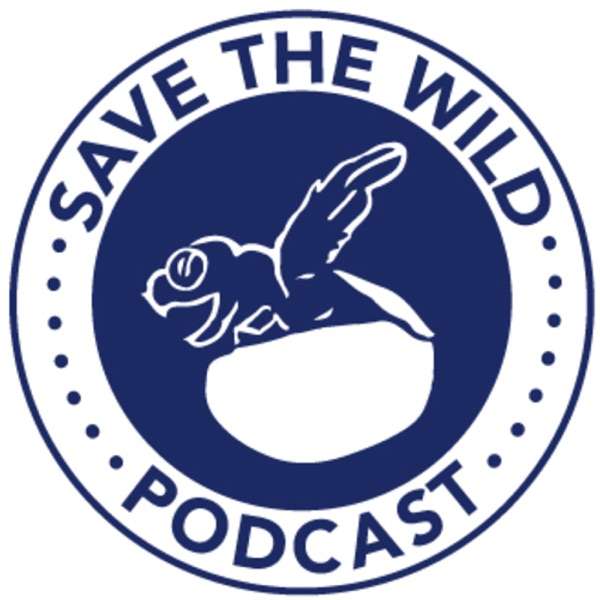Hello and welcome to the Zero to Finals podcast. My name is Dr Thomas Watchman. I am a GP in the UK and I love creating educational material for studying medicine. This podcast is designed to be a time-efficient revision tool to help you study for your medical exams. Each podcast leads on from the next and each season tackles a different area of medicine. The podcast supplements the material available on the www.zerotofinals.com website, in the Zero to Finals books and on the Zero to Finals YouTube channel. Whilst listening to a podcast you can follow along with written information and illustrations on the Zero to Finals website or books. You can also find Zero to Finals on instagram, Facebook and twitter. If you have any comments, suggestions or want to get in touch you can email me at tom@zerotofinals.com. Enjoy the show!
Read More

 Our TOPPODCAST Picks
Our TOPPODCAST Picks  Stay Connected
Stay Connected